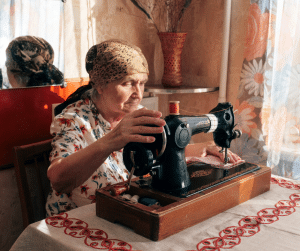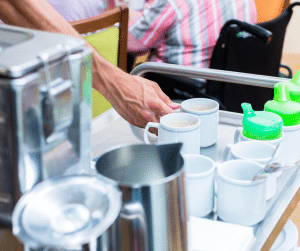Recognizing Excellence - Chris Thomas of BeeHive Homes!
Today we recognize and highlight one of our many top team members, Chris Thomas, who is an administrator for our BeeHive Home in Santa Fe, the BeeHive Home in White Rock and the BeeHive Home in Raton. At BeeHive Homes we always try to attract the best caregivers and talent in the world. Chris is a great example to all who provide care for others. He joined the BeeHive team almost three years ago, leading his team to not just engage our residents but showing how best to build relationships through service, activities and genuine concern and love for all.
Recently we received the following letter from the daughter of one of our residents.
Letter Dated Jan 8, 2021
Dear BeeHive Assisted Living -
As the daughter of a resident at the [name of home removed] Beehive, I wish to commend Chris Thomas, Administrator for the exemplary work he is doing.
I spent many years in healthcare working as a nurse for both non and for - profit organizations. Chris is an administrator working hands on to ensure the safety and care of my mother in a way that is not only impressive but a rare quality seldom seen in administrators. He goes the extra mile and deserves recognition from his supervisor and/or owner of this franchise.
I did not find an email address for the BeeHive Corporate Office or the owner of Santa Fe's BeeHive Home in searching online so I am sending this the old fashioned way, USPS.
Sincerely,
Elise R. LPN, B.F.A.
Thank you Chris for your efforts to brighten the day of everyone who crosses your path! We value and appreciate your leadership and example to others in the assisted living industry! Thank you for offering the best in senior care through your meaningful relationships and service to those cherished residents thriving in our homes!




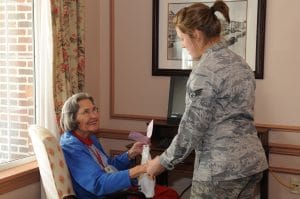

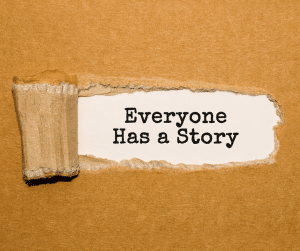


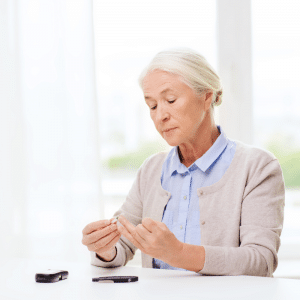

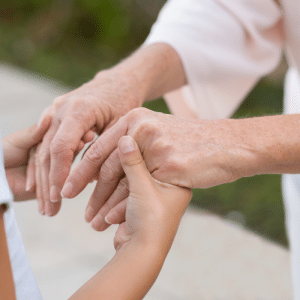

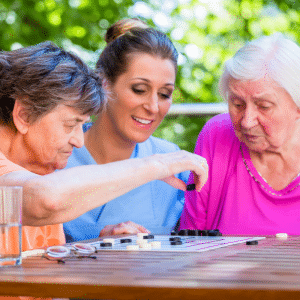
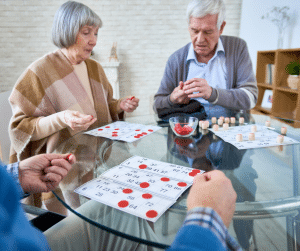 Going into an assisted living facility is a big decision, and one that should not, (and often cannot) be made on the spur of the moment. Many people will want to stay independent for as long as possible without being a burden on their families, so it makes assisted living a great alternative to traditional nursing home care. But are there things that should be prepared far in advance of entering a facility like this? The short answer is yes. For the long answer, read below!
Going into an assisted living facility is a big decision, and one that should not, (and often cannot) be made on the spur of the moment. Many people will want to stay independent for as long as possible without being a burden on their families, so it makes assisted living a great alternative to traditional nursing home care. But are there things that should be prepared far in advance of entering a facility like this? The short answer is yes. For the long answer, read below!
